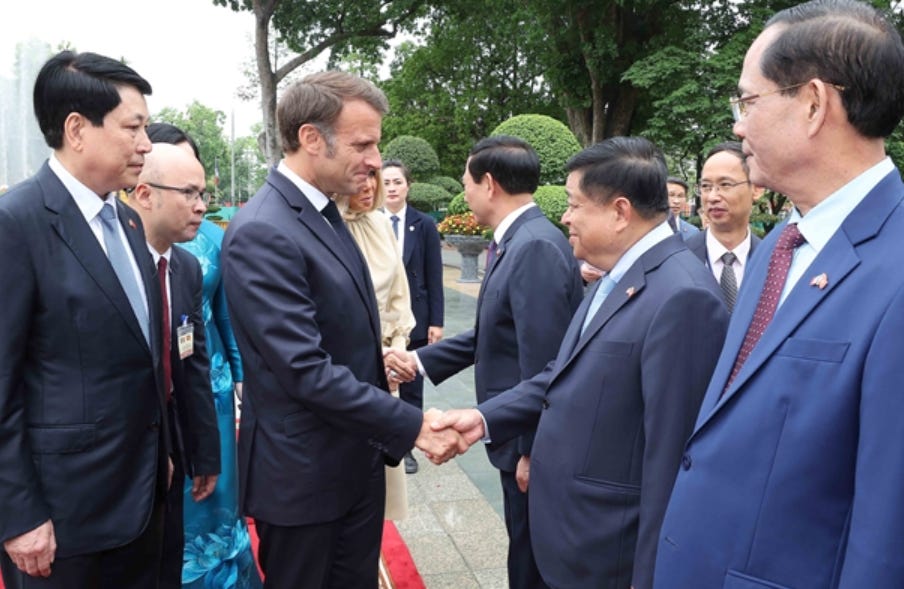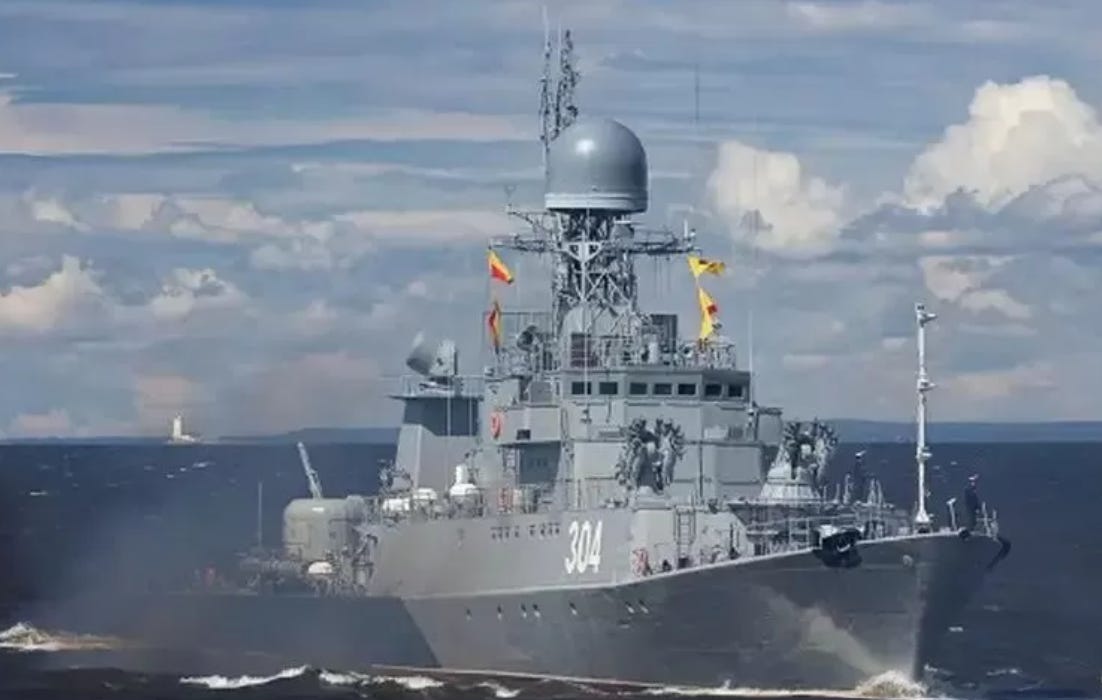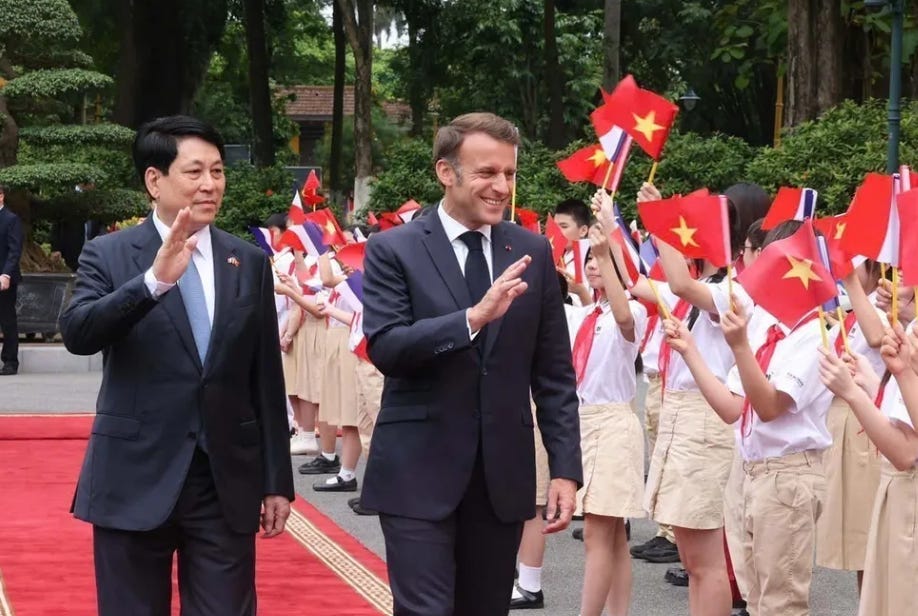Who Will Be the Next AfDB President? US House Passes Trump's 'Big Beautiful Bill', Trump Delays 50% Tariff on the EU Until July, Bitcoin Value Surges as Genius Act Advances, and More
Grinfi Political Risk Intelligence Weekly Briefing
Welcome to this week’s edition of Grinfi Political Risk Edge, your trusted source for expert political risk analysis and strategic intelligence. In this issue, we examine key geopolitical events shaping the defense, energy, and DeFi markets, providing a deep, beyond-the-headlines assessment. Anticipate, Adapt, and Excel!
But first, let’s begin the week with a laugh 😄 to brighten the mood.
Help us serve you better and improve Grinfi Political Risk Edge by taking this brief, fully anonymized reader survey.
"The state will be able to wither away completely when society adopts the rule: ‘From each according to his ability, to each according to his needs."
Vladimir Ilyich Lenin. The State and Revolution. Translated by Robert Service. London: Penguin Classics, 1992. https://www.marxists.org/archive/lenin/works/1917/staterev/.
Disclaimer: The opinion expressed in this quote does not represent our views but is intended for reflection purposes only.
From Grinfi Political Risk Observatory (GPRO), here’s what we’re monitoring:
High Impact Situational Updates
MAJOR HEADLINES
— Russia Begins Deploying Naval Escorts to Safeguard Oil Tankers in Gulf of Finland
On May 24, Russia began deploying naval escorts, including Gremyashchy class corvettes and fighter jets (Su-35S) for its oil tankers in the Gulf of Finland, citing NATO “provocations” and a series of interdiction attempts by Baltic states. The escorts are expected to protect 60 tankers weekly, carrying 2 million barrels of crude from Primorsk and Ust Luga. This move follows the adoption of the EU’s 17th sanctions package on May 20, targeting the Russian shadow fleet.
Finland and Estonia have officially protested the deployment of Russia’s naval escorts, with Finnish Defense Minister Antti Häkkänen describing them as a “completely new feature” of Russian operations in the region.
The new dynamics have sharply increased risks to maritime safety and security in the Gulf of Finland, a corridor that supports roughly $600 billion in Baltic trade. The presence of Russian naval escorts is projected to delay shipments by 12-18%, leading to an estimated 7% increase in shipping costs, or about $250 million annually.
In related developments, German Chancellor Friedrich Merz has warned of a broader Russian threat to NATO during his visit last week to NATO’s eastern flank in Vilnius, Lithuania, following the establishment of Germany’s first permanent overseas military outpost since World War II.
— Macron Visits Vietnam to Strengthen Regional Ties
Today, May 26, French President Emmanuel Macron visited Hanoi to advance a series of bilateral trade and investment agreements with Vietnam, as part of a broader Southeast Asia tour that will include visits to Malaysia and Thailand, focused on expanding France’s economic influence in the region.
The visit coincides with the opening of the ASEAN Summit in Kuala Lumpur, where trade diversification, geopolitical recalibration and strategic partnerships are high on the agenda. Joined by executives from Airbus, Safran, Engie, and Alstom, Macron will oversee more than 35 agreements worth €3 billion across aerospace, renewables, rail, and defense.
Key deals already secured include an Airbus order for 25 A321neo aircraft for Vietjet (€3 billion), a €600 million wind farm project by Engie, and a Safran contract for satellite systems.

The agreements would also include supporting Vietnam’s $80 billion high-speed rail project, with Alstom eyeing a €1.5 billion contract.
Macron has positioned France as a “neutral partner” and the best available option as the US–China trade war drags on. Vietnam’s $6 billion trade with France is projected to grow 12% by 2027, driven by aerospace and green energy. Macron is also expected to discuss rare earth exports, which are critical to tech manufacturing.
Notwithstanding, the Vietnam trip today has also been marred by intense scrutiny from the French press following a clip in which the French President appeared to be slapped by his wife, Brigitte.




